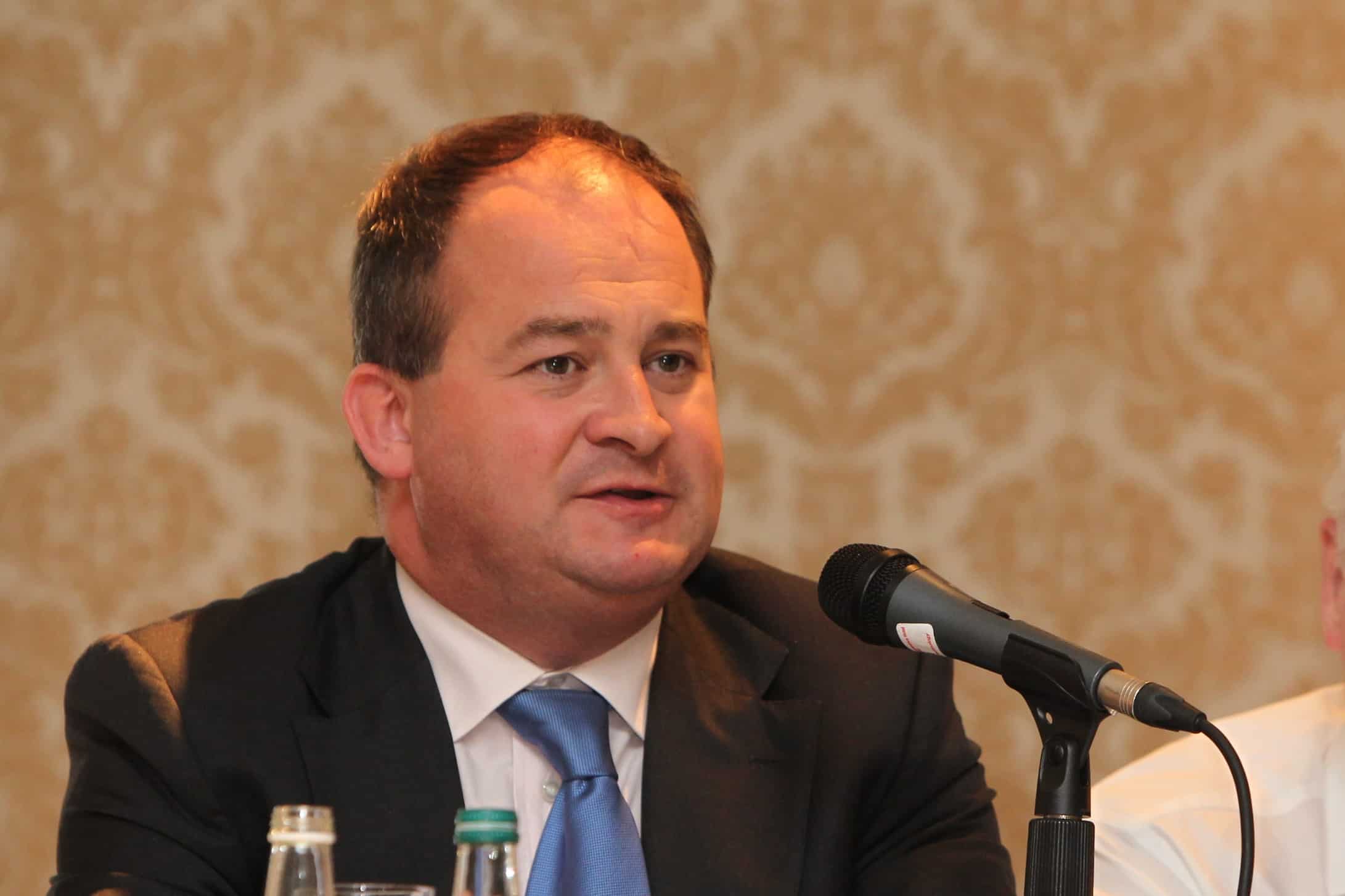Pictured: Marc Coleman, founder of Octavian Research
Marc Coleman is founder of Octavian Research, an economic research publication and public affairs consultancy. Here he writes about getting your region’s voice heard in Ireland’s recovery.
3 weeks ago, we reported on Budget 2021 and on the €3.4 billion Recovery Fund earmarked to boost the domestic economy over the three year period of crisis, recovery and normalisation (2020-2022).
As well as helping recovery, the fund is an opportunity to create a new and more balanced relationship between regions, economic opportunity and work-life balance. So how will it be allocated? The good news is that you can help shape the answer. On page 39 of the Programme for Government, there is a commitment to the “promotion of citizen, sectoral and regional involvement in delivering actions within their own sphere of influence.”
Last week the government invited submissions to shape its forthcoming National Economic Plan. It is vitally important that all regional stakeholders make their voice heard in terms of the needs of their areas. This is important in the national as well as the local interest: sectoral and regional imbalance of the last recovery is well documented. In our April recovery strategy “An Economic Response to Covid-19” we stressed the need to make recovery more inclusive of both SMEs and of the regional and rural economies on which they depend.
Overreliance on metrics like GDP, jobs growth and house prices – which important in their own right – misled policy makers into thinking we had fully recovered.
Furthermore, overreliance on metrics like GDP, jobs growth and house prices – which important in their own right – misled policy makers into thinking we had fully recovered. Yes, the economy had recovered between 2014 and 2019, but adverse developments in relation to the cost of living – particularly accommodation – and to the quality of employment and life (long commutes, childcare dilemmas) led to two surprising election results when, despite delivering one of Europe’s – if not the world’s – most impressive recoveries, two Irish governments were punished by the electorate.
The penny has dropped. In the Programme for Government (PfG) – published in June – there is a clear understanding that well-being and GDP growth are not mutually exclusive. As we reported on June 24th, the PFG has committed to developing “Quality of Life” indicators that more accurately measure what we really want out of life. And two hours spent in a car on the way to and back from work is not one of them.
As the table below shows, the Programme for Government contains exciting initiatives to rejuvenate town centres and villages along with consultative and operational mechanisms for consultation with local communities and collaboration between local authorities and stakeholders.
Many issues are unresolved, however. For a start, local authorities need to be resourced with local design, construction, planning, heritage and economic expertise to operationalise local recovery plans once agreed.
Secondly, to ensure that local investment benefits local SMEs, a range of procurement issues need to be addressed.
Last but not least, economic planning at regional level needs to be elevated to a new level or priority, with more active business representation and voice.
TOWN CENTRED RECOVERY:
PROGRAMME FOR GOVERNMENT COMMITMENTS
- Use the €3.4 billion Recovery Fund to invest in infrastructure development, reskilling and training and supporting investment
- Publish and implement a new Rural Policy. Align the National Planning Framework toward rural and regional recovery
- Pursue a Regional Action Plan for Jobs
- Support a LEADER Programme and deliver a rural development programme led by independent local action groups (LAGs), leveraging EU funding through Community-led Local Development (CLLD).
- Promote town centre recovery using Scotland’s “Collaborative Town Centre Health Check”
- Enable local authority collaboration and stakeholder consultation on regenerating towns and villages
- Bring forward a Town and Village Renewal Scheme to invest in town and village centres. Provide seed capital to local authorities to provide serviced sites at cost in towns and villages to enable home building.
- Enable more remote and local working options
- Develop community digital hubs along the lines of the Ludgate Centre in Skibbereen
- Publish a Regional Technology and Clustering programme
- Prioritise rural and regional connectivity in public transport provision
- Address regional economic imbalances and establish Just Transition Commissions in areas, such as the Midlands, affected by the transition to a more sustainable economy
- Support the community and regional clustering of centre of excellence in low carbon technology
Find out how we can help your region shape its future info@octavian.ie


